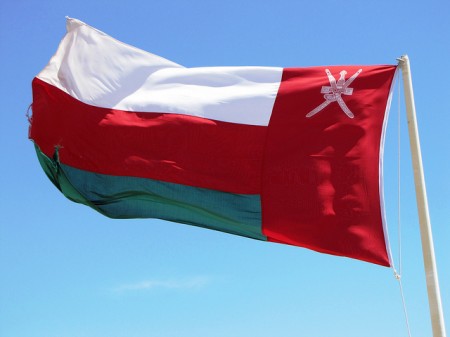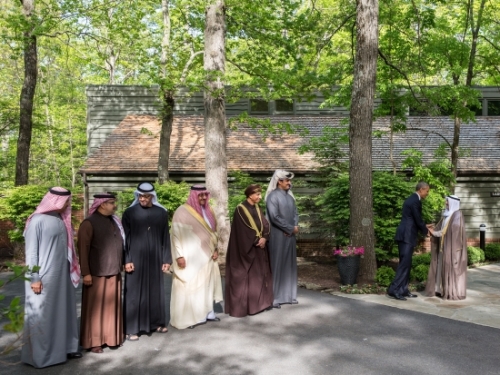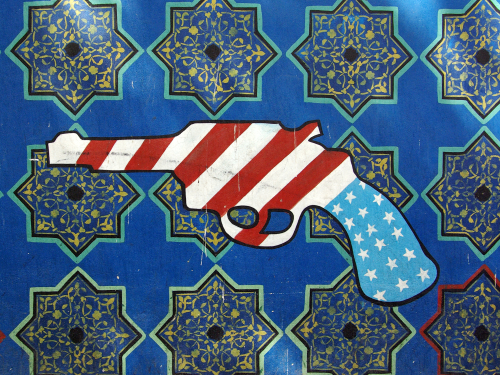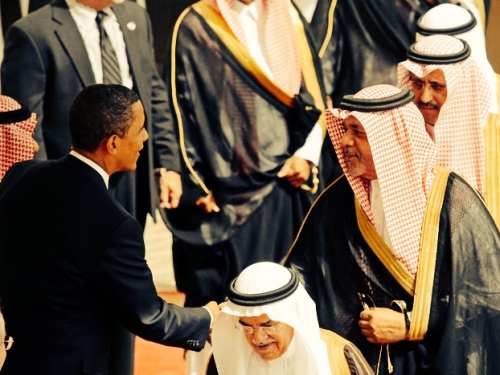
This article was originally published by Gulf State Analytics on 24 September, 2015.
Recent reports suggest that officials in the Sultanate of Oman and the Islamic Republic of Iran have given the go-ahead for the rumored 173-mile underwater gas pipeline connecting the two nations. As of March 2013, only an “understanding” had been reached. The new reports raise clear implications for the wider Gulf region, particularly Saudi Arabia.
For decades, and especially since the “Arab Spring” uprisings several years ago, Saudi Arabia has attempted to bind its smaller Gulf neighbors in a tight bloc to counter perceived Iranian aggression. On numerous occasions, Riyadh has provided military and economic support for its fellow Gulf Cooperation Council (GCC) states. The Saudis have also pushed for the establishment of a Gulf union comprising the Council’s six member states. The kingdom’s objective has been to further bind the GCC together in a united political and economic front vis-à-vis Iran.




